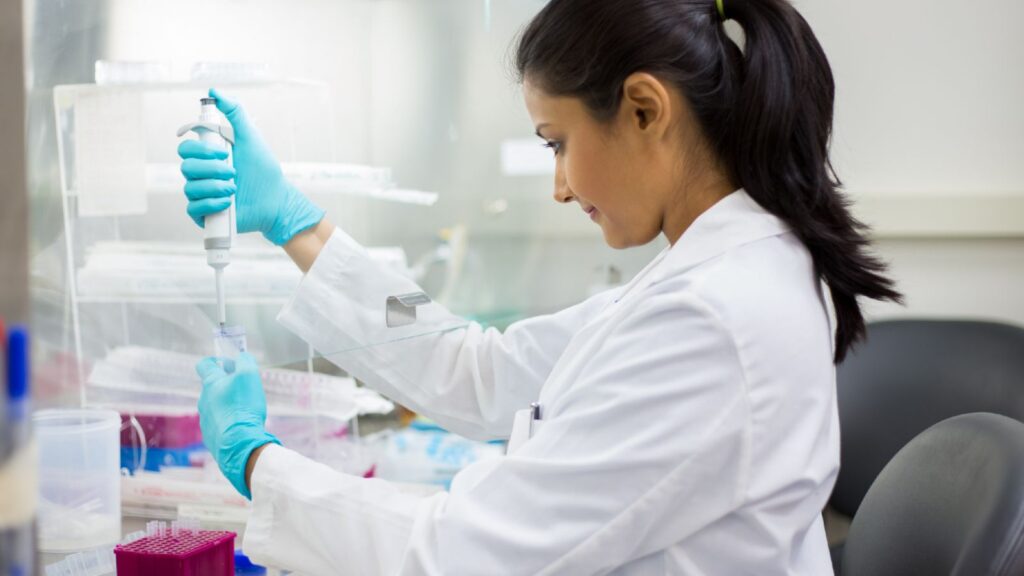
In the ever-evolving landscape of healthcare, the quality of medicines remains paramount. Ensuring that patients receive efficacious and safe pharmaceuticals is not just a regulatory requirement but an ethical mandate. The intricate interplay of scientific rigor, technological advancements, and stringent quality control measures forms the bedrock of pharmaceutical excellence.
Pharmaceutical knowledge encompasses a vast array of disciplines, from medicinal chemistry and pharmacology to pharmaceutics and regulatory affairs. Each domain contributes to the overarching goal of enhancing drug quality. Pafikaranganyarkota.org is a beacon of information in this realm, providing crucial insights and updates on the latest developments in pharmaceutical sciences.
One of the pivotal aspects of improving medicine quality is the meticulous design and formulation of drugs. The process begins with the identification of a therapeutic target, followed by the synthesis of potential drug candidates. Medicinal chemists employ sophisticated techniques to optimize the efficacy and safety profiles of these compounds.
Once a promising candidate is identified, it undergoes rigorous preclinical and clinical testing. This phase is critical for assessing the pharmacokinetics and pharmacodynamics of the drug. Pharmacologists and clinical researchers collaborate to ensure that the drug performs as intended in biological systems. The wealth of data generated during these trials informs the dosing, administration routes, and potential side effects of the drug.
The journey of a drug from the laboratory to the market is fraught with challenges. Quality control measures are integral to this process, encompassing everything from raw material testing to final product inspection. Advanced analytical techniques, such as high-performance liquid chromatography (HPLC) and mass spectrometry, are employed to ensure the purity and potency of pharmaceutical products.
Regulatory affairs play a crucial role in maintaining the standards of pharmaceutical products. Regulatory bodies, such as the FDA and EMA, enforce stringent guidelines to ensure that medicines are safe and effective. Compliance with these regulations necessitates a thorough understanding of the legal and scientific frameworks governing drug approval and marketing.
Technological advancements have revolutionized the pharmaceutical industry, paving the way for novel drug delivery systems and manufacturing processes. Nanotechnology, for instance, has enabled the development of targeted drug delivery mechanisms that enhance therapeutic efficacy while minimizing side effects. Continuous manufacturing processes, on the other hand, offer improved scalability and consistency in drug production.
In conclusion, the quality of medicines hinges on a multifaceted approach that integrates scientific expertise, technological innovation, and stringent quality control measures. Pharmaceutical science stands as a vital resource in this endeavor, disseminating valuable knowledge that drives the advancement of pharmaceutical sciences. As we continue to push the boundaries of what is possible, our commitment to improving drug quality remains unwavering, ensuring better health outcomes for patients worldwide.